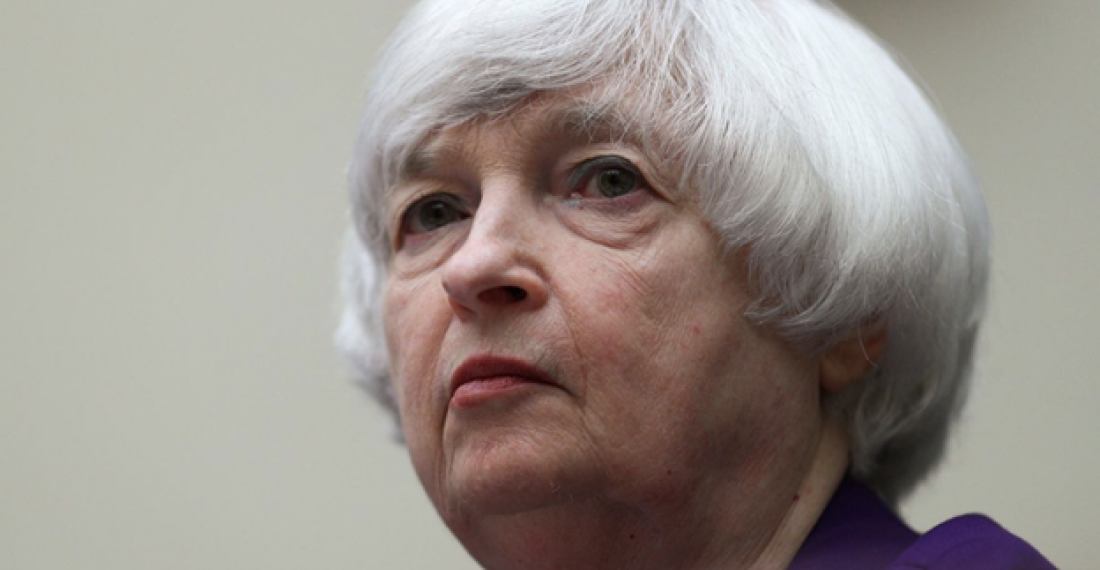Janet Yellen, U.S. Treasury Secretary, last week called on China to help persuade Russia to end its invasion of Ukraine. Speaking to the Atlantic Council, she warned Beijing that there would be consequences for supporting Moscow. In reply, a member of the Hong Kong Executive Council stated that any U.S. retaliation would be “crazy”.
Russia’s military action in Ukraine sparked a widespread response from Western nations which led to a range of harsh sanctions designed to stifle the Russian economy and isolate it from the international system. Powers such as India and China did not join in on the sanctions imposed by the U.S., the European Union and others. Fearing that these countries could undermine the sanctions, the United States developed a package of secondary sanctions designed to dissuade businesses in other countries from trading with Russia. The U.S. has been particularly vocal about China’s ties with Russia which has become a “special relationship”. Yellen addressed Beijing’s links with Moscow. She stated that China was “sitting on the fence”, referring to its failure to condemn the Russian government for its actions in Ukraine while sticking to its previous foreign policy line of promoting territorial integrity and sovereignty. Eswar Prasad, the International Monetary Fund’s former China director, said that “The U.S. is calling the Chinese government’s bluff in trying to have it both ways”. Yellen also added that attempts to separate economic interests from national security concerns is becoming futile.
China has spoken out against the international sanctions targeted at Russia, with a spokesperson for the Chinese embassy in Washington D.C. commenting, "China opposes all forms of unilateral sanctions and long-arm jurisdiction of the U.S., and will resolutely defend the legitimate rights and interests of Chinese companies and individuals.” But Chinese firms have begun distancing themselves from Russia. Three major oil refiners stopped buying oil contracts from Russia for the month of May. Moreover, Sinopec, the largest oil refiner in Asia, halted plans for a new petrochemical plant in Eastern Siberia.
Joseph Yam, a former Hong Kong finance chief and current member of the Hong Kong executive council, called the United States’ decision to both sanction Russia and target others with secondary sanctions counterproductive. The U.S. Dollar is currently the global reserve currency and Yam said that "all these US tactics or moves are crazy and actually stupid, in my opinion,” due to the possibility that they may undermine the dollar’s strength internationally in the long-term.
Yellen stated that she "would like to see us preserve the benefits of deep economic integration with China -- not moving to a bipolar world", however, the downstream effects of harsh sanctions may be out of the West's control.
Sources: CommonSpace.eu with New York Times (New York), Reuters (London), South China Morning Post (Hong Kong), and other media agencies.
Picture: Janet Yellen, 6 April. (Reuters)







